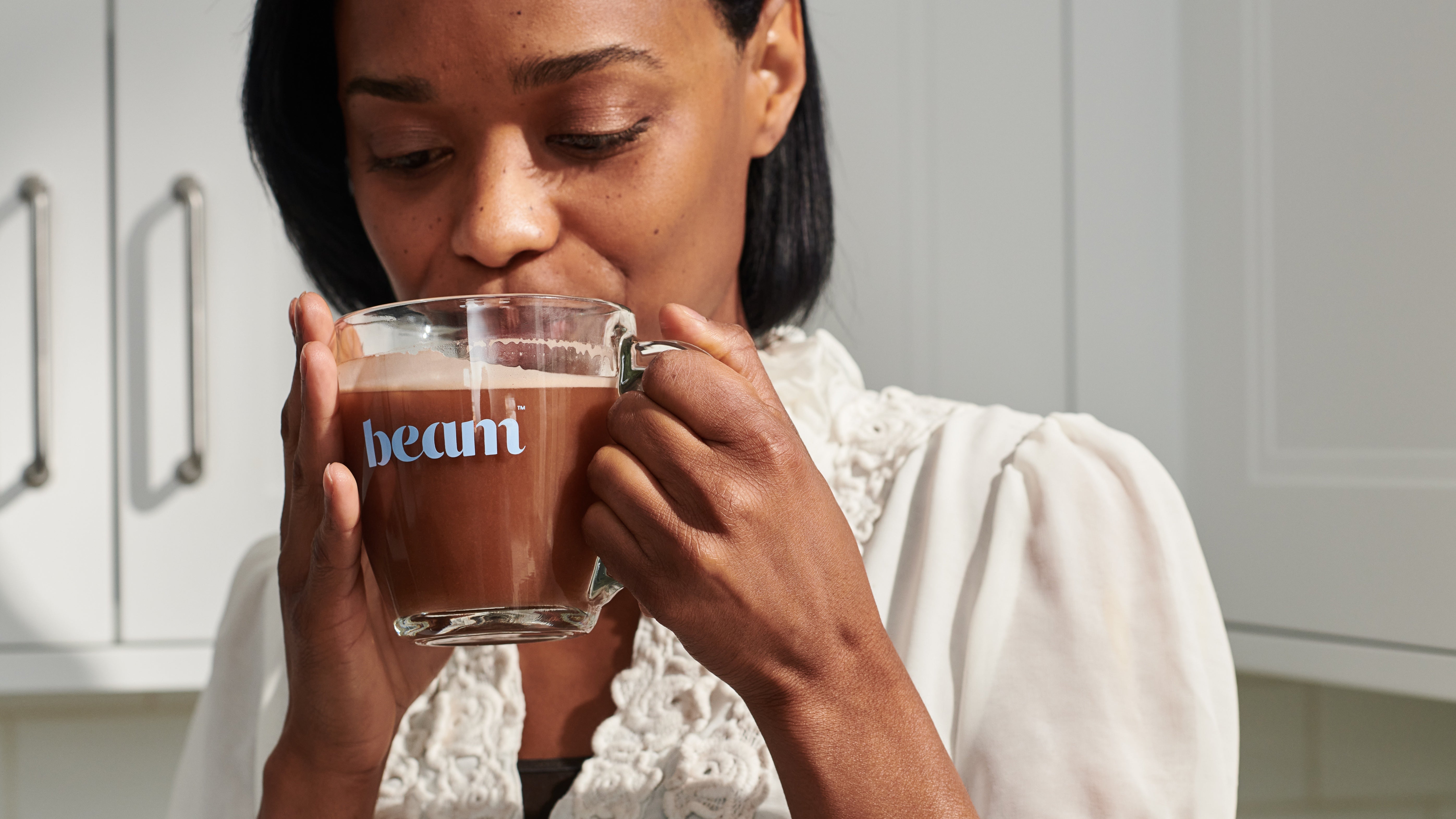Sleep is the cornerstone of wellness, and maximizing your sleep potential is all about being informed. But how often do you get information straight from a sleep expert? Below, we air the answers to your sleep questions, straight from Beam Sleep Expert, Dr. Carleara Weiss herself.
Q: What's the biggest misconception you've heard about sleep?
A: That sleep becomes worse as we get older. What really happens is a natural change in sleep; however the quality of sleep should not be affected in a healthy aging process.
Q: How much sleep do I really need?
A: Adults need between 7-9 hours of sleep per night. A very small amount of the population is considered “short sleepers” and can function well on 5-6 hours of sleep without physical and cognitive impairment.
Q: How do the ingredients in dream work to improve sleep quality?
A: The ingredients in dream promote relaxation, reduce anxiety and also give the brain a signal that it is time to sleep (melatonin).* With that, we are more likely to have a full night of rest and better sleep quality.
Q: If I'm not a morning person, can I become one?
A: Yes, you can. Being a morning person refers to how our circadian rhythm works. This is a genetic feature, but it can be adjusted to match our lifestyle. For example, by adjusting wake up and bedtime, changing the time of physical activity, meals, and caffeinated drinks.
Q: Why do I keep waking up at 2-3 AM?
A: Waking up at 2-3 AM is associated with the time our brain finishes a full sleep cycle.
Q: If I'm not having dreams, does that mean I'm not getting quality sleep?
A: No. It is okay to not have dreams or not remember if you had a dream. It does not affect the sleep quality.
Q: How can I get a better night's sleep?
A: Invest in behavioral changes: create a bedtime routine that promotes relaxation (a sleeping aid works well for that!), avoid electronic devices for at least one hour before bed, practice relaxation techniques or yoga to help your mind and body to unwind and be consistent with the times that you wake up and go to bed every day, including weekends and holidays ( I know, this one is very hard to follow!)
Q: Do you use the beam dream products?
A: Yes! I have been using dream products and recommending them to my clients. Dream capsules are my favorite, but I have been using the peppermint dream powder lately (it’s the season!)
Q: Is too much sleep a bad thing? Like 11 hours?
A: Oversleeping (more than 9 hours/night) is usually a consequence of sleep debt (that is, when the body tries to compensate for accumulated sleep deprivation). If it only happens occasionally, for example after returning from a trip, it is “okay”. However, some people oversleep constantly and also experience excessive daytime sleepiness. In this case, I recommend seeking out a sleep doctor for evaluation for sleep disorders such as sleep apnea and narcolepsy.
Q: Am I doing myself permanent damage if I have a couple weeks of bad sleep?
A: This is the million-dollar question and the answer is most likely yes. Studies suggest that chronic sleep deprivation has long lasting effects such as diabetes and cardiovascular disorders. Other studies highlight the connection between short sleep duration (less than 6 hours/night) and a higher risk of developing Alzheimer’s Disease.
However, our bodies are designed to be resilient and survive adversity. For example, parents with young children survive the long sleepless nights.
So, the best choice is to invest in sleep quality on a regular basis, thus, when a challenge or a life changing event happens, your body will be resilient enough to make the temporary adjustment to survive it.
You heard it here first! Try dream to get your best sleep ever (and make Dr. Weiss proud).




